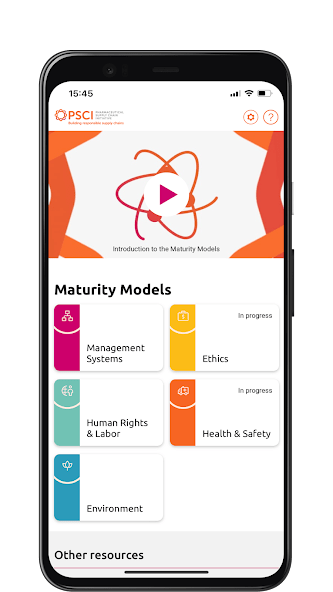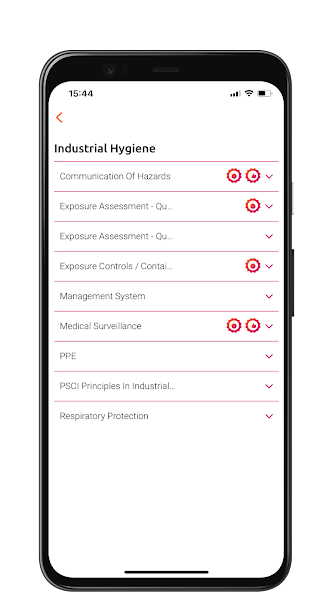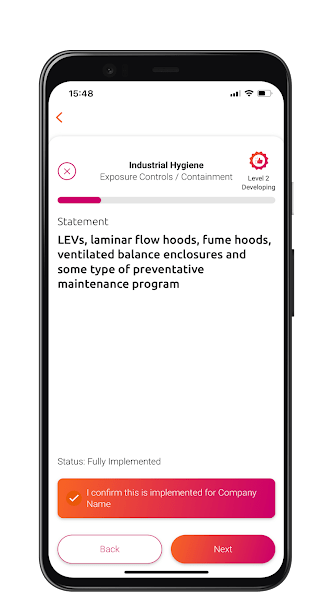India Supplier Conference 2022 - Session 2 - Slides
The second session of the 2022 PSCI India supplier conferences took place in-person on the 22nd of September and covered Audit, Environment, Scope 3, PiE/AMR
The full slide deck is available for download below.
The presentations covered are as follows:
- PSCI Audit Program – Practical Guidance & Panel Discussion
Rincy Joseph, Senior Manager SSHE Supplier Management, Bayer - Engaging Suppliers to Reduce Scope 3 Emissions Towards Net Zero
Robert Williams, Director of Procurement Sustainability, Astra Zeneca - Ban on Identified Single Use Plastic – The Whats, Whys and Hows
Ashish Jain, Founder-Director, Indian Pollution Control Association (IPCA) - Climate change – Risks to Organizations
Shivananda Shetty, Partner & Head, ESG and Climate Change, KPMG - Supplier Water Quality & Pharmaceuticals in Environment
Balaji Gurumurthy, Environmental Compliance Lead, Novartis - Reducing AMR Risk Through Effective Control of Antibiotic Manufacturing Emissions
Dharmesh Kharwar, Director, NGB Laboratories - PSCI Musi River Project
Manjit Singh, Associate Director of Corporate Sustainability, Centrient Pharmaceuticals
Senthil Kumar, Supplier Operations, Pfizer - Case studies – Implementation of Good Practice in Management of API Containing Waste Streams
Ashok Kumar Podisetty, Head of EHS, Neuland Laboratories Limited - Developing PiE/AMR Capabilities in India
Aditya Shirodkar, Global Senior EHS Specialist, Abbott
- Environment
- Spills & Releases
- Waste Management
- Pharmaceuticals In The Environment
- Anti-Microbial Resistance
- Audit Program



